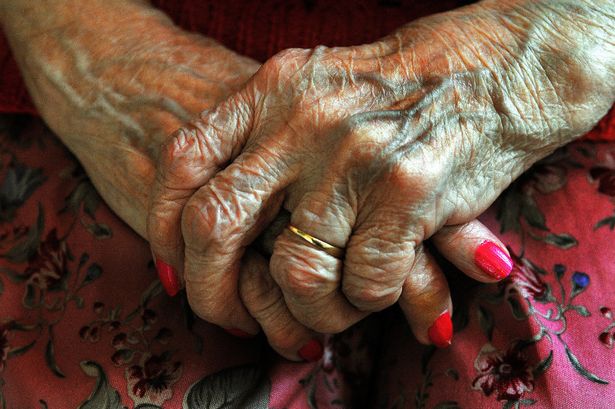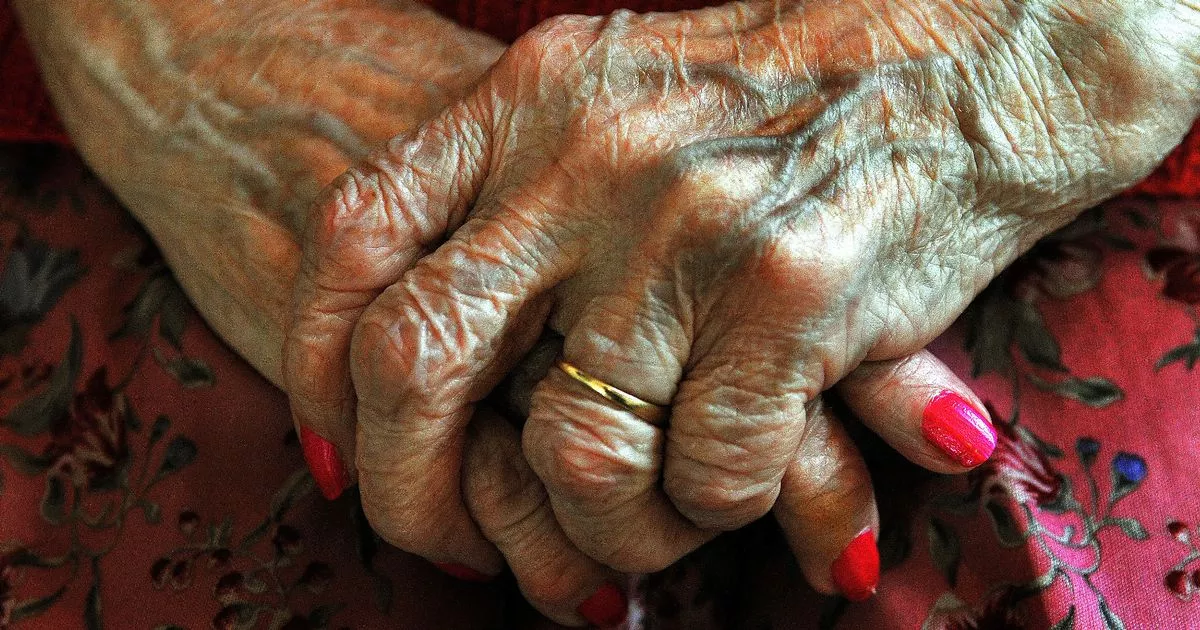The adult social care service has been praised for the “positive difference” it’s making in people’s lives Stock photo of elderly woman.(Image: John Stillwell/PA Wire)
Stock photo of elderly woman.(Image: John Stillwell/PA Wire)
Knowsley Council has received top marks for its Adult Social Care service with inspectors praising its “open culture” and the support offered by “caring and helpful staff”.
The borough is home to 159,243 people and has some of the most deprived areas in the UK. In fact, Knowsley has an Index Multiple Deprivation score of 10 – the highest and most deprived – and is rated 3rd most deprived out of 153 local authorities.
Despite these challenges, the council’s adult social care service have been rated as ‘good’ after an assessment by the Care Quality Commission. In its report published on August 29, the CQC looked at nine areas spread across four themes to assess how well the authority is meeting it responsibilities.
Following the inspection – which took place in February 2025 – the CQC rated Knowsley Council’s adult social care as ‘good’ across all nine areas inspected. Cllr Del Arnall, Knowsley Council’s Cabinet Member for Adult Social Care said: “I am absolutely delighted with the outcome of our inspection and the positive endorsement we have received for our work supporting some of our most vulnerable residents.
“I have always been so hugely impressed by the care and commitment of the staff in adult social care. They go above and beyond on a daily basis and make such a positive difference to the lives of so many people and often at times when they are most in need and most vulnerable.
“Their dedication is exemplary, and I am so pleased that their efforts have been recognised by the CQC.
“I have always been convinced that we are doing a great job for the people of Knowsley but this report confirms that is the case and what’s more, compared to other local authority areas Knowsley really is delivering the best quality adult services for its communities.”
The CQC assessment team found a number of positive aspects to Knowsley’s adult social care services, including its prioritisation of safeguarding when young people were moving from children to adults’ services. Inspectors noted these young people had received the support they needed with minimal disruption.
The CQC also noted the innovations made by Knowsley’s local authority which has introduced a medication reminder service. 166 people were receiving daily video calls with trained pharmacists.
Inspectors said this provision promoted independence and safety while reducing the need for carer services – helping to prevent hospital re-admissions and reduced medication errors.
James Bullion, CQC’s chief inspector of adult social care and integrated care, said: “At our assessment of Knowsley Council’s adult social care services, we found an open culture, where leaders valued people’s feedback to help drive improvement.
“This was recognised by people receiving services, who were consistently positive about the person centred support they were receiving from caring and helpful staff.”
Mr Bullion added: “The authority also demonstrated a clear commitment to tackling inequalities, including the high levels of deprivation across Knowsley, as the third most deprived council in England.
“Senior leaders were taking action to help people overcome the challenges these people faced to help them build happier, healthier and safer lives, such as appointing equality and diversity leads, and improving policies.
“We found that unpaid carers were receiving tailored support that significantly also improved the lives of those they were caring for, including meaningful activities, trips abroad, and funding for essential items like mattresses.
“Care arrangements were also available to help carers, including weekend respite care. This was invaluable, as Knowsley has the highest proportion of people in England providing over 50 hours of unpaid care per week.
“Additionally, it was great to hear partners tell us they valued the ‘home first’ process, focusing on home-based care which enabled people to remain at home.
“This resulted in 95% of people returning to their home when they were discharged from hospital, which helped them maintain their independence.”
